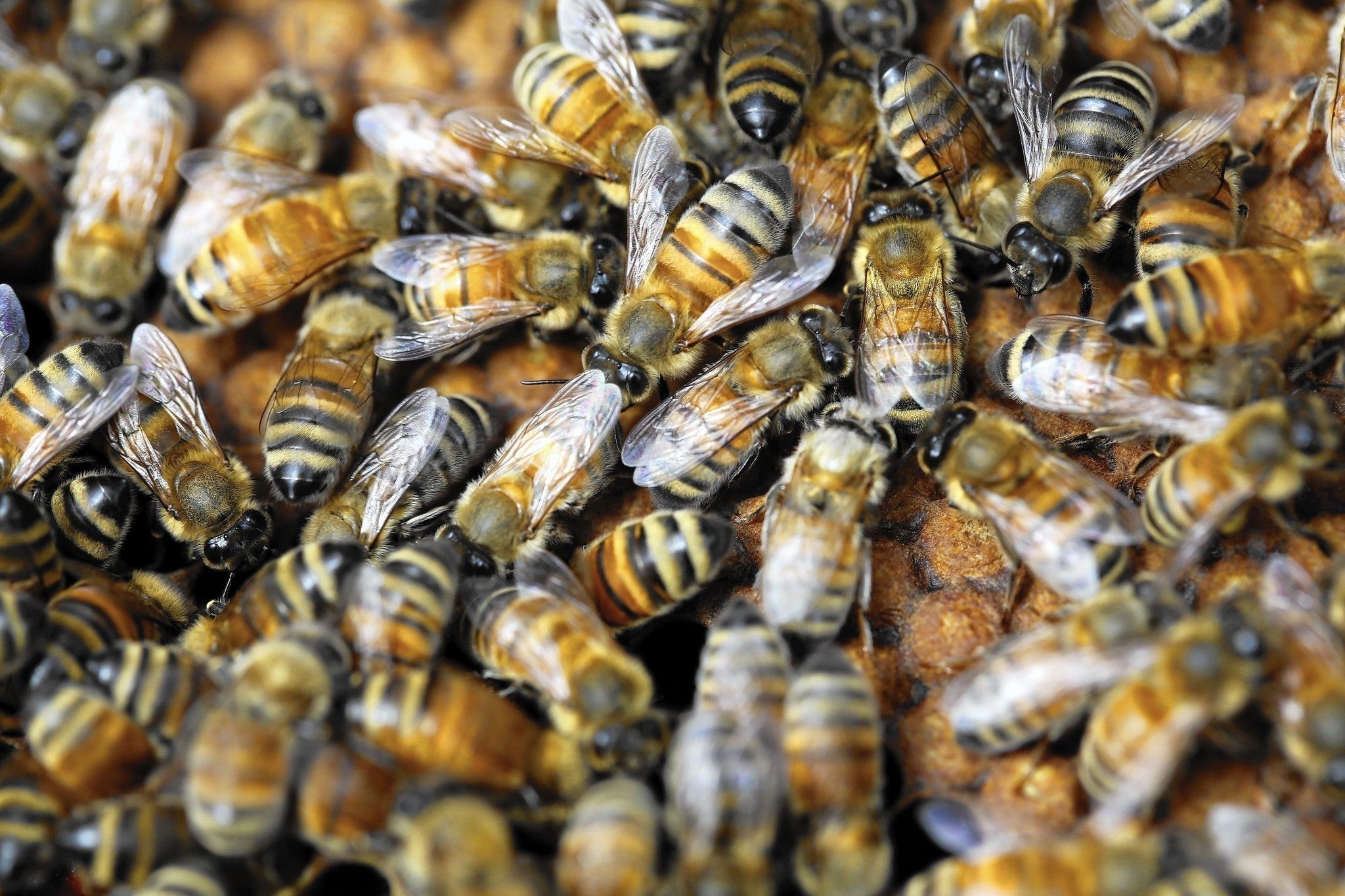Around the world, the animals that pollinate our food crops — more than 20,000 species of bees, butterflies, bats and many others — are the subject of growing attention. An increasing number of pollinator species are thought to be in decline, threatened by a variety of mostly human pressures, and their struggles could pose significant risks for global food security and public health.
Until now, most assessments of pollinator health have been conducted on a regional basis, focusing on certain countries or parts of the world. But this week, a United Nations organization has released the first-ever global assessment of pollinators, highlighting their importance for worldwide food and nutrition, describing the threats they currently face and outlining strategies to protect them.
The report, which was released Friday by the U.N.’s Intergovernmental Science-Policy Platform on Biodiversity and Ecosystem Services (IPBES), has been in the works since the summer of 2014. The research team consisted of more than 70 experts, who drew on the most up-to-date global pollinator science, as well as local and indigenous knowledge, to complete the assessment.










Comments are closed.